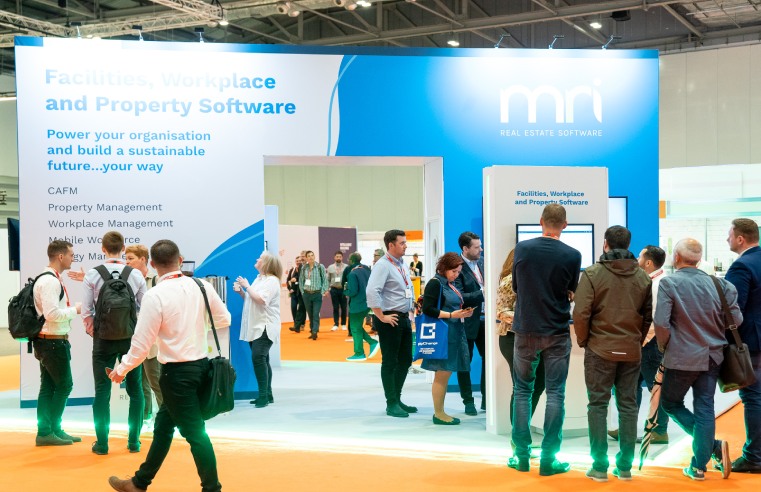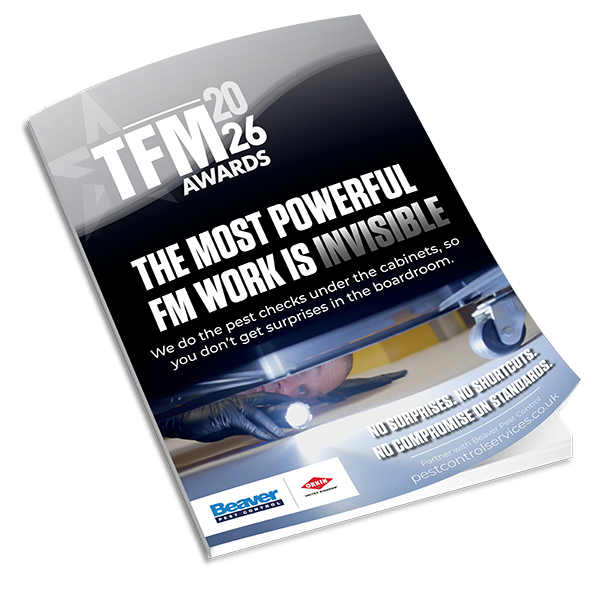A new survey, that forms part of a new white paper published by Clarendon, has found that many businesses may have to wait to adopt a hybrid working model because of being locked into long-term leases.
The findings suggest that while hybrid work is being lauded as the solution to the post-pandemic workplace, it may not be easy for many companies to make an immediate switch.
The survey of UK business leaders and C-suite executives found that other notable barriers to hybrid working were lack of experience with flexspace and worries about losing company culture.
Respondents were also asked about their workplace priorities, with employee wellbeing, financial security and talent attraction/retention making the top three.
Clarendon’s whitepaper, ‘A decentralised future: Is flexspace the answer?’, explores key themes around remote work, employee wellbeing and the rise of decentralised workplaces
The paper includes an in-depth Q&A with Piers Barttelot, a corporate real estate executive. He notes that: “It seems like most organisations will adopt a hybrid approach”, and that the pandemic has, “made flexspace providers go back to one of their traditional tenets, which is ultimate flexibility.” Barttelot also backs the role of the office, saying that “you cannot further your career by being completely remote.”
Julian Cooper, MD at Clarendon, commented: “The last year has demonstrated that a lot of people can work from home, but also that the office certainly has a big part to play in a healthy and productive workplace.
Flexspace will be essential for businesses looking to adopt a new workplace model thanks to the agility it offers with finances, location and scalability. The switch to hybrid will be a gradual one as businesses need to plan for an overcome various barrier.”
A decentralised future: Is flexspace the answer? can be downloaded for free on the Clarendon website.



































